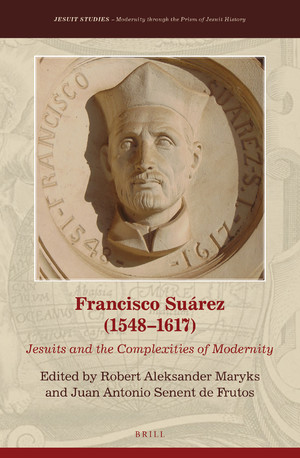Invisible Histories, Silenced Histories of the Philippines: The Labor evangélica: Ministerios apostólicos de los obreros de la Compañía de Jesús; Segunda parte (c.1701) by the Jesuit Diego de Oña (1655–1721), by Alexandre Coello de la Rosa
Invisible Histories, Silenced Histories of the Philippines: The Labor evangélica: Ministerios apostólicos de los obreros de la Compañía de Jesús; Segunda parte (c.1701) by the Jesuit Diego de Oña (1655–1721) Alexandre Coello de la Rosa Universitat Pompeu Fabra Originally published: March 1, 2021 DOI: 10.51238/ISJS.2019.13 From the early years of his […]

